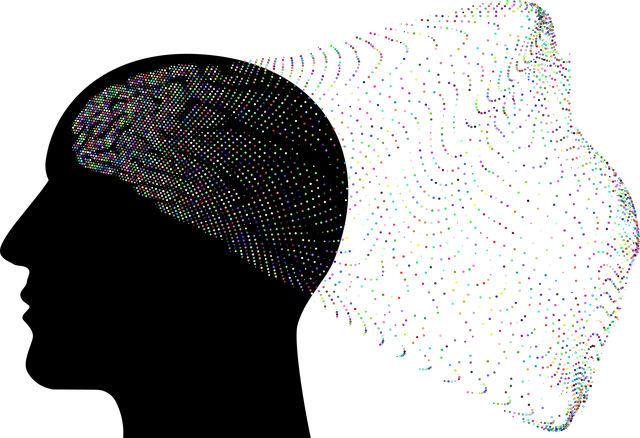Englewood Kaiser Permanente psychiatry services recognize the significant impact of media representation on public perception of mental health. They advocate for responsible media depiction, emphasizing that accurate portrayals foster understanding, hope, and early intervention. By highlighting diverse recovery narratives, effective healing processes, and available resources like Mental Wellness Coaching Programs Development, they aim to reduce stigma and inspire confidence in seeking professional help without judgment. Through specialized training in cultural competency and compassion cultivation, Englewood Kaiser Permanente leads the way in reshaping media's portrayal of mental health, promoting a nuanced view of mental wellness and encouraging emotional intelligence among audiences.
Mental illness representation in media significantly influences public perception and understanding of mental health. This article delves into the profound impact of media portrayals, highlighting their ability to either perpetuate stereotypes or foster empathy. We explore the crucial role of organizations like Englewood Kaiser Permanente Psychiatry in promoting accurate, empathetic representations. Furthermore, we present strategies to enhance media accuracy, encouraging positive discourse around mental health and challenging stigmatizing narratives.
- Understanding the Impact of Media Representation on Mental Health Perception
- The Role of Englewood Kaiser Permanente Psychiatry in Promoting Accurate Portrayals
- Strategies for Enhancing Media Accuracy and Fostering Positive Mental Health Discourse
Understanding the Impact of Media Representation on Mental Health Perception

Media representation plays a significant role in shaping public perception about mental health. The way mental illness is depicted in films, television shows, and news coverage can influence how society understands and treats individuals struggling with these conditions. Negative or stereotypical portrayals can lead to stigma, fear, and discrimination, while accurate and empathetic representations offer hope and promote understanding. Englewood Kaiser Permanente psychiatry services have recognized this impact, emphasizing the importance of responsible media representation in fostering a more supportive environment for those seeking help.
Accurate media depictions can facilitate conversations about mental wellness, encourage early intervention, and support inner strength development. They can also highlight the effectiveness of emotional healing processes and inspire confidence in available resources, such as Mental Wellness Coaching Programs Development. By presenting diverse experiences and recovery narratives, media has the potential to challenge societal norms, reduce stigma, and create a more inclusive environment where individuals feel comfortable seeking professional help without fear of judgment.
The Role of Englewood Kaiser Permanente Psychiatry in Promoting Accurate Portrayals

Englewood Kaiser Permanente Psychiatry plays a pivotal role in shaping the narrative of mental health in media. As a leading healthcare provider, they prioritize accurate and empathetic representations of mental illness to foster understanding and reduce stigma. Through their comprehensive programs, including specialized training for cultural competency and compassion cultivation practices, they equip professionals with the tools to portray diverse mental health conditions authentically.
By integrating these initiatives into their practice, Englewood Kaiser Permanente Psychiatry promotes a more nuanced view of mental wellness, moving beyond stereotypes often depicted in media. Their focus on positive thinking and holistic care ensures that portrayals are not only realistic but also encourage audiences to seek support for their own well-being.
Strategies for Enhancing Media Accuracy and Fostering Positive Mental Health Discourse

Media representation plays a pivotal role in shaping societal perceptions about mental health. To foster a more positive and accurate discourse, media outlets must adopt strategies that challenge stereotypes and promote genuine understanding. One such approach is to collaborate with renowned healthcare institutions like Englewood Kaiser Permanente psychiatry departments, ensuring expert consultation and fact-checking. By incorporating insights from professionals, media can accurately portray the complexities of various mental illnesses, breaking down misconceptions one story at a time.
Additionally, encouraging emotional intelligence through self-awareness exercises and highlighting effective stress reduction methods can contribute to a more empathetic narrative. These strategies not only enhance media accuracy but also inspire viewers to seek support or offer assistance, fostering a supportive environment for those battling mental health challenges.
Media representation plays a pivotal role in shaping public perception about mental illness. By collaborating with organizations like Englewood Kaiser Permanente psychiatry, media outlets can strive for accuracy and sensitivity in their portrayals. Implementing effective strategies to enhance media accuracy fosters positive mental health discourse, reducing stigma and promoting understanding. This collective effort is crucial in creating an inclusive society that supports those facing mental health challenges.






